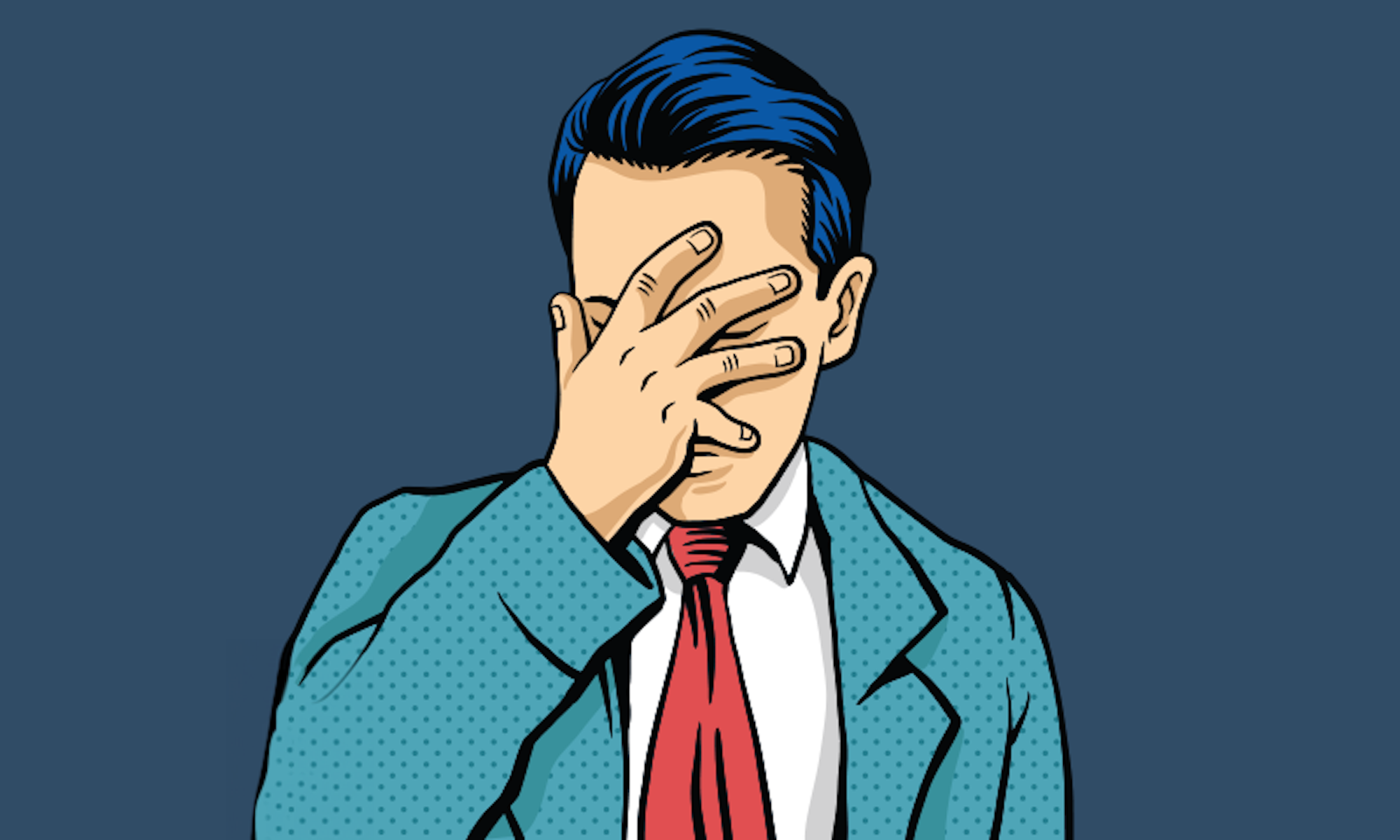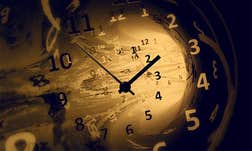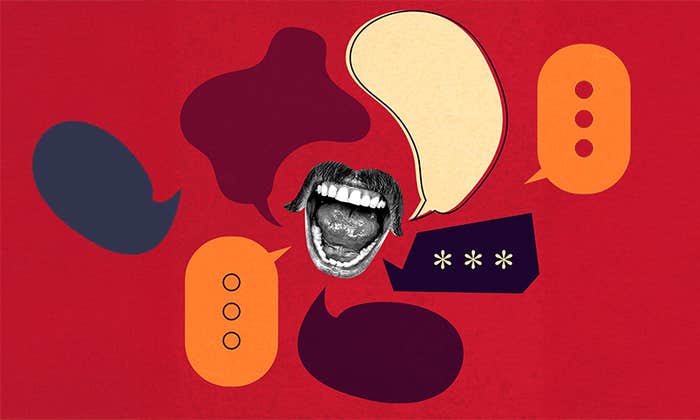One of the primary motivators of human behavior is avoiding regret. Before the legendary behavioral economists Daniel Kahneman and Amos Tversky formalized prospect theory and loss aversion, they believed that regret avoidance was at the root of the human behaviors they were studying. However, they learned that there are behaviors that regret avoidance could not explain and were led to a broader picture.
Let’s take a look at a simple game that sheds a bit more light on the psychology of regret.
I have two dice—one red, one white—and two identical cups. I secretly place one die under each cup (no trickery), mix them up, and ask you to select the cup with the red die. You did not see me put the dice under the cups, so you have absolutely no information on which to base your decision. If you make the right choice, I give you $5. If not, you gain nothing.
Go ahead and select one of the cups. Let’s say you pick the cup on the right. I slide it toward you but don’t let you look underneath.
I then ask you if you want to switch to the cup on the left, to change your choice.
Would you switch? The majority of people do not; about 90 percent do not switch, according to studies. Personally, I do this experiment with my class and at other presentations, and I have yet to have someone switch when offered the opportunity.
Why is that? The odds of being right are 50-50, so why not switch?
Experimenters point to two reasons. First is the endowment effect, which posits that once you perceive ownership of an item, it subtly becomes yours—and it becomes more valuable to you than an equivalent item you do not own. Once you select a cup, it subtly becomes yours—and it becomes more valuable to you than the other cup. Moving the cup so that it is in front of you amplifies this effect, as the cup is moved into your personal space.
The second reason is that, psychologically, one of the drivers of our actions is our effort to minimize regret. If we make a choice and it turns out to be wrong, we feel bad. But what if we make a choice, switch, and then find out our first decision was actually correct? We feel worse. We know this about ourselves, and so, when presented with the option to switch away from our cup, it is not very enticing to do so.
The odds of being right are 50-50, so why not switch?
We can explore exactly how much worse we feel if we switch and are wrong through a simple experiment.
In our game, if you pick the cup that has the red die, you win $5. Now let’s say I change the rules slightly. After you’ve made your cup choice, I give you the option of switching to the other cup as usual. But now, if you switch and are correct, you win $6. If you stick with your original choice and are right, you still only get $5. Would you switch now?
Again, most people would not switch.
What if I offered you $10 if you switch and win? What about $15?
Researchers have performed these experiments, and the results are illuminating. At triple the value, 50 percent of people switch. You need to get to 10 times the value before 90 percent of people switch.
Experiments like this, by the way, are one of the methods that researchers use to figure out how much worse loss aversion makes things feel. This puts it at around three times as bad, which is in line with the two to three times values seen in other experiments.
When I was in school and taking multiple choice exams, the advice was always to “stick with your first instinct” rather than to change to a different answer. I am now convinced that this advice does not give you a better chance at getting the correct answer—but it does make people feel better than if they get it wrong and find out their original choice was correct. I would much prefer getting it wrong with my first guess than changing away from the right answer! ![]()
This article, excerpted from Geoffrey Engelstein’s book “Achievement Relocked: Loss Aversion and Game Design,” originally ran on the MIT Press Reader.
Lead image: Pretty Vectors / Shutterstock




























